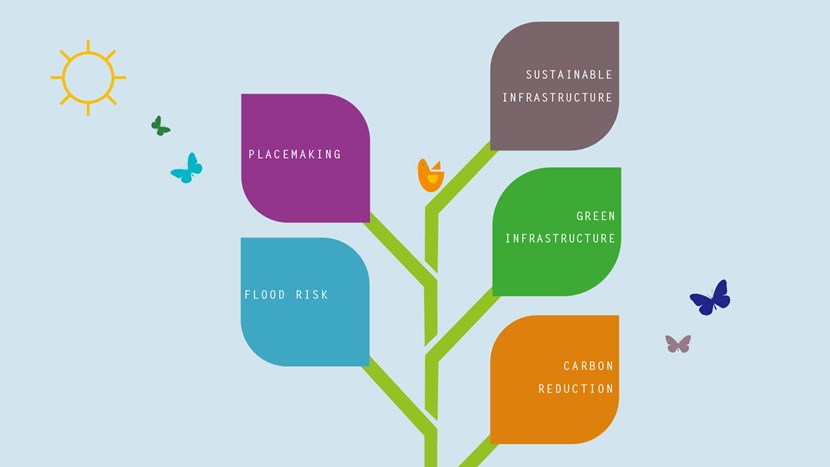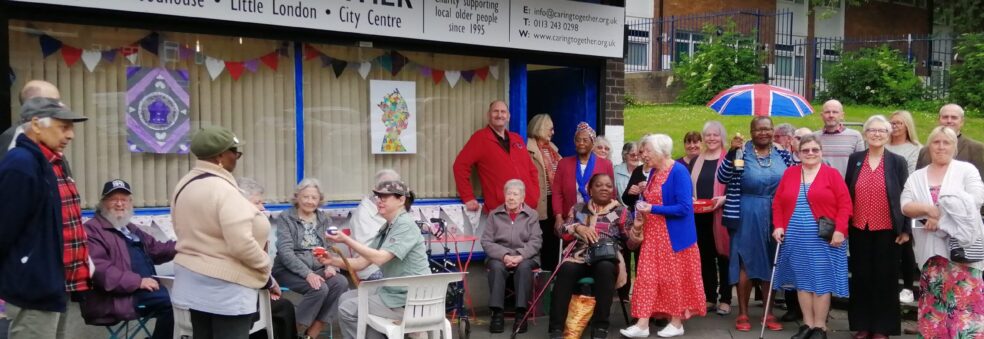Leeds City Council is encouraging residents and businesses to have their say on its draft Local Plan Update, which will set out the authority’s approach to planning policy and new development across the district over the next decade and beyond.
The draft Local Plan Update is titled ‘Your Neighbourhood, Your City, Your Planet’. Although it is not intended to deal with all planning issues, it will focus on ways to shape planning policy to reduce our city’s impact on the environment and help achieve net zero carbon emissions by 2030.

The draft plan is based around five topic areas:
- Carbon reduction – changing the way buildings are built, and how we generate renewable energy.
- Flood risk – making our communities resilient to the impact of flooding, one of the most direct impacts of climate change that Leeds faces.
- Green infrastructure – making the most of our green spaces and natural environment, to help improve the health and well-being of our citizens.
- Place-making – guiding new development to places that offer the best opportunities for active travel and public transport, health & well-being and making the best use of communities’ assets to create ’20-minute neighbourhoods’ where people want to live, work and play.
- Sustainable infrastructure – integrating low emissions transport and improved digital connectivity, helping reduce journeys by car.
Consultation on the draft Local Plan update will take place from 19 July to 13 September.
The dedicated website www.leeds.gov.uk/lpu is home to all the information contained within the draft Local Plan. This includes separate sections for the different topic areas, which are available in detailed and short formats.
This means people can read the whole draft plan or just the areas that are of interest, and can contribute their views using our online surveys whether they have read the documents in detail or having read a shorter, more summarised version.

